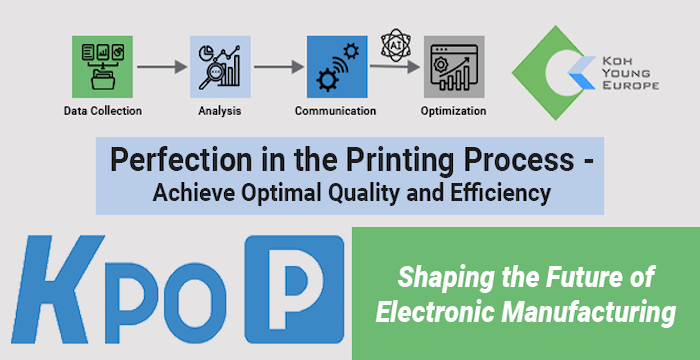What You Need to Know About the New AI Frontier
Nvidia's Market Dominance Leads to Limited Availability and Allocation Concerns
Over a year into the AI craze, Nvidia's market share in AI chips has surged to over 80%. As Nvidia's leverage in AI has eclipsed the competition, product availability has become constrained.
According to industry leaders, acquiring Nvidia's advanced GPUs is increasingly difficult. Those who can secure orders do so via massive order volume. Meta Platforms CEO Mark Zuckerberg plans to procure 350,000 Nvidia H100s by the end of 2024. This order, estimated to be worth $9 billion, underscores the importance of diverse sourcing and the need for competition. Furthermore, similar customers within this space are preparing to procure orders of the same volume. This creates a situation where smaller companies who use these products are either left to wait with extended lead times, or simply not getting deliveries at all.
Decisions on allocation for the limited supply could significantly influence the outcomes of the AI race. While Nvidia remains tight-lipped about its allocation criteria, Nvidia’s President emphasizes fair distribution and prioritizes those who will immediately utilize the chips.
With more products launching this year, Nvidia continues to solidify its dominance in the AI market. This level of monopoly underscores the importance of diverse sourcing and the need for competition.
The New Era of Computing Emphasizes the Need for Chip Innovation
Nvidia's latest GPU, the Blackwell AI super chips, promises a new era of computing and shows that technology is advancing faster than ever before. However, the overall component landscape is not prepared to support this. The trajectory of computing power, historically doubling every two years, has faltered.
AI's computation-intensive applications are no match for today's chips. Because of this, advanced machine learning models have to fill the gap with more semiconductors and hardware components. This has the unfortunate side effect of making running these models exorbitantly expensive.
Driving technology further to support AI will be crucial to the market's success. Historically, start-ups have propelled this process. This is because they have the flexibility, risk-taking capabilities, and focus to be at the forefront of innovation. However, the expenses accompanying this endeavor make it difficult for these companies to gain footing in the AI frontier.
Restoring Stability: Leveraging the CHIPS Act for Modernization
AI's unrelenting evolution raises concerns about the overall availability of cutting-edge components. This new dilemma may compound the disruptions that already threaten the delicate supply chain landscape.
While there is no solution to solving the inefficiencies that disrupt the supply chain, incentives like the United States CHIPs Act are one step in the right direction. The funding in this initiative will be pivotal in revitalizing chip industry innovation as recipients will be able to allocate resources to support agile hardware design methods, open-source tools, and open standards. This would help to push chip design and fabrication forward, as well as stimulate a culture of experimenting to improve hardware. The hope is that this is only the beginning of strengthening the supply chain and fostering a more dynamic and accessible chip industry for the future.
Propelling the Interconnected Future of AI and Computing
The interconnected future of AI and computing depends on reshaping the chip landscape, making it more inclusive and responsive to the demands of the ever-evolving tech frontier. Solving these issues is of the utmost importance as AI innovation progresses and spreads across numerous industries. The chip industry must confront the need for innovation head-on to sustain technological progress.
Additionally, manufacturers must appropriately stage product change notifications (PCNs) to allow customers time to pivot production timelines. Inventory management and strategic sourcing will be essential for limiting supply chain disruption.
About Fusion Worldwide
Fusion Worldwide is the preeminent open-market distributor of electronic components and products. We source, inspect, test, and deliver a wide range of components to a large and diversified customer base that includes OEMs, CMs, and ODMs across a wide array of verticals. Founded in 2001, Fusion is headquartered in Portsmouth, New Hampshire, and maintains offices and quality centers in major manufacturing centers around the world.
For more information visit fusionww.com, or follow Fusion Worldwide on LinkedIn, Facebook, Instagram, WeChat, and X.



